Should the court's discretion to extend the deadlines be limited?
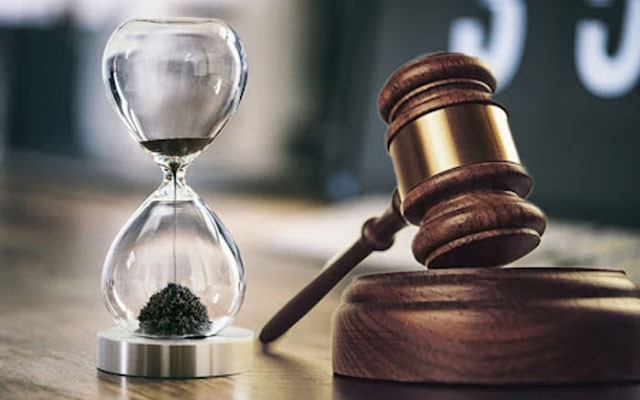
The assessment of the validity of the reasons for missing a procedural deadline is within the exclusive discretion of the court that decides the relevant procedural issue. Today, the presence or absence of valid reasons for missing a procedural deadline is assessed by the court's internal conviction.
This was pointed out by the Committee of the Ukrainian National Bar Association on Administrative Law and Procedure following the analysis of the draft Law No. 12072 dated 27.09.2024 «On Amendments to Article 363 of the Code of Administrative Procedure of Ukraine regarding the renewal by the court of the missed deadline for filing an application for review of a court decision due to newly discovered or exceptional circumstances».
The document proposes to clarify the rules on the procedure and deadline for filing an application for review of a court decision due to newly discovered or exceptional circumstances. Specifically, it would oblige the court assessing the validity of the grounds for missing the deadline to assess the circumstances that served as an obstacle to timely filing an application with the court in connection with:
- the duration of the period that the person missed;
- behavior of the person during this period;
- actions taken by such a person and whether these actions are related to preparations for going to court.
The authors of the legislative initiative note that this position is reflected in the decision of the Administrative Court of Cassation dated January 18, 2024 in case No. 520/10732/21 and should be enshrined in law.
The UNBA noted that the application of the criterion of good cause is provided for by the Code of Administrative Procedure for all procedural terms, except when the Code establishes the impossibility of such renewal.
For example, this criterion is applied when renewing the missed deadline for submitting evidence, filing an administrative claim, appeal and cassation appeal, assessing the grounds for failure to appear in court, and when resolving other issues where the legislator limits the performance of a certain procedural action to a certain procedural time limit.
Instead, none of the provisions of the CAP contains a mandatory list of circumstances to be assessed by the court when deciding whether to renew a certain missed procedural term. This reflects the position of the legislator, according to which the assessment of the validity of the reasons for a particular missed procedural term is within the exclusive discretion of the court.
At the same time, with the adoption of amendments to the procedural codes and the Law «On the Judiciary and the Status of Judges» in 2018, the obligation of all persons to take into account the law enforcement opinions of the Supreme Court was introduced.
Thus, when deciding on the renewal of the missed procedural term specified in part 1 of Article 361 of the CAP, the administrative court is already obliged to be guided by the said opinion of the Supreme Court.
The full comments and suggestions of the UNBA to the Draft Law No. 12072 can be found at the link.
Popular news
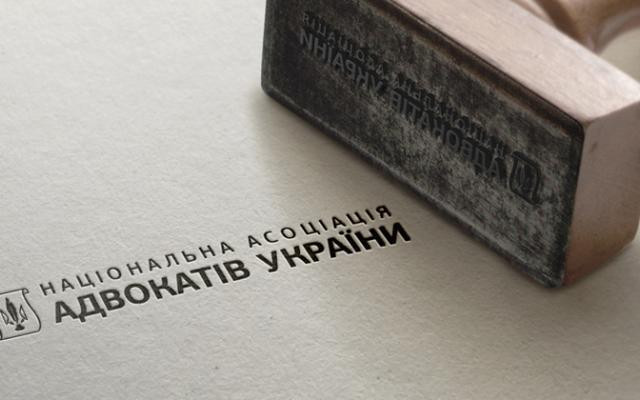
Self-government
The BCU demands a review of the composition of the government working group on reforming the advocacy profession
The President of the UNBA, BCU Lidiya Izovitova, appealed to the Cabinet of Ministers of Ukraine to review the composition of the working group on improving legislation in the field of advocacy and legal practice.

Discussion
Why lowering the age of marriage lacks legal logic
Although until 2012 there was a provision in family law that allowed children to marry from the age of 14 under certain circumstances, its return to Ukrainian law would contradict international obligations and the logic of criminal law.

European integration
Open dialogue between the UNBA and the European Commission on the path to EU
The Ukrainian National Bar Association held a working meeting in Brussels with Mr Wolfgang Nozar, Head of Unit for Governance, Rule of Law and Financial Assistance, Directorate-General for Enlargement and Eastern Neighbourhood (DG ENEST), European Commission.

Self-government
A report on Ukrainian advocacy was presented in the European Parliament
Can a shadow report on advocacy replace the political framework of the Roadmap on the rule of law with demands for the restructuring of self-government? Where is the line between accountability and the seizure of institutions? And how can we respond to narratives with data rather than impressions?

European integration
UNBA and Ukraine's representation to the EU have synchronized their priorities
On February 5, in Brussels, the President of the UNBA, BCU Lidiya Izovitova held a working meeting with the Ambassador Extraordinary and Plenipotentiary of Ukraine, Representative of Ukraine to the European Union Vsevolod Chentsov.
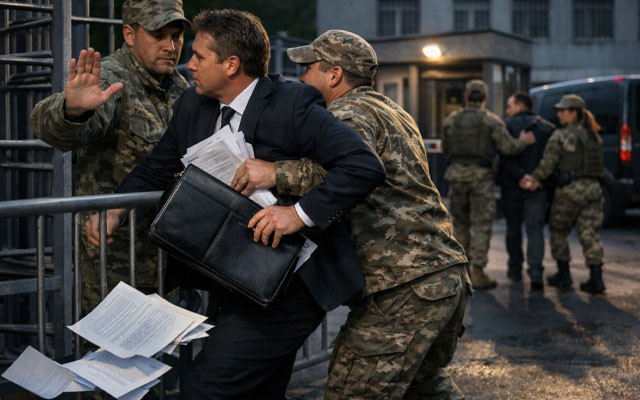
Guarantees of the practice of law
Proceedings opened following attack on advocate in Dnipro
The Committee for the protection of advocates' rights and guarantees of legal practice of the UNBA appealed to law enforcement agencies in connection with an advocate's report of an attack while performing his professional duties. The information was entered into the Unified Register of Pre-trial Investigations and a pre-trial investigation was initiated.
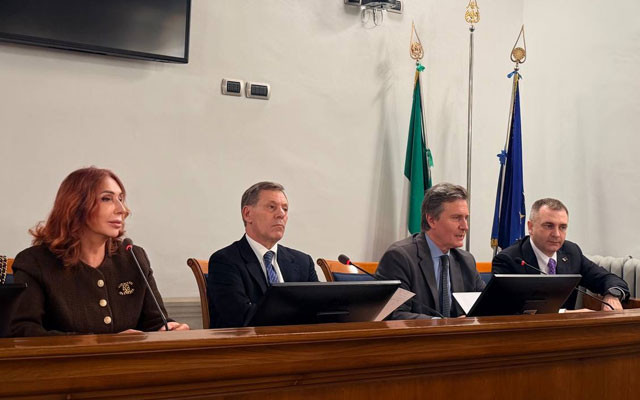
Interaction
«With us — to Europe»: Italian advocacy supports UNBA initiatives
On January 30, a meeting was held in Rome between a delegation from the Ukrainian National Bar Association and the National Bar Council of Italy (Consiglio Nazionale Forense, CNF) on the standards and practices of the legal profession and their significance for Ukraine's European integration process.
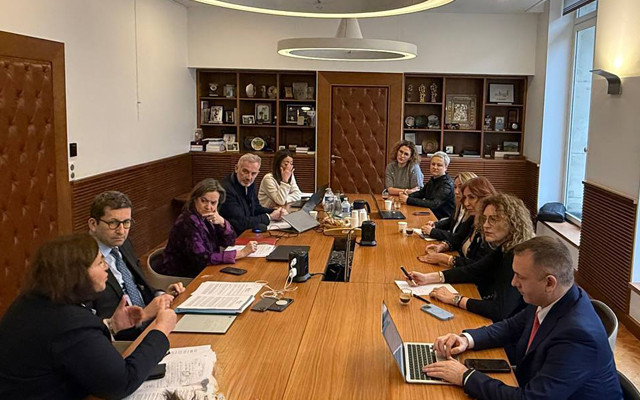
Interaction
France confirms cooperation with UNBA on reforms in the field of the rule of law
On January 29, a working meeting between representatives of the Ukrainian National Bar Association and the French National Bar Council (Conseil National des Barreaux, CNB) took place in Paris.
Publications

Volodymyr Matsko Extradition as a systemic form of rights violations

Victoria Yakusha, Law and Business The anti-corruption vertical cannot «take care» of the Bar as an institution, - acting head of the HQDCB

Censor.net Protecting advocates – protecting justice: addressing concerns about the new law

Ihor Kolesnykov A BRIEF SUMMARY REGARDING THE APPLICATION OF THE ORDER ON EXTENDED CONFISCATION IN LATVIA REGARDING FINANCIAL ASSETS OF…

Valentyn Gvozdiy WORKING IN A WAR ZONE

Lydia Izovitova Formula of perfection

Sergiy Vylkov Our judicial system is so built that courts do not trust advocates

Iryna Vasylyk Advocacy in the proclamation of Independence of Ukraine
